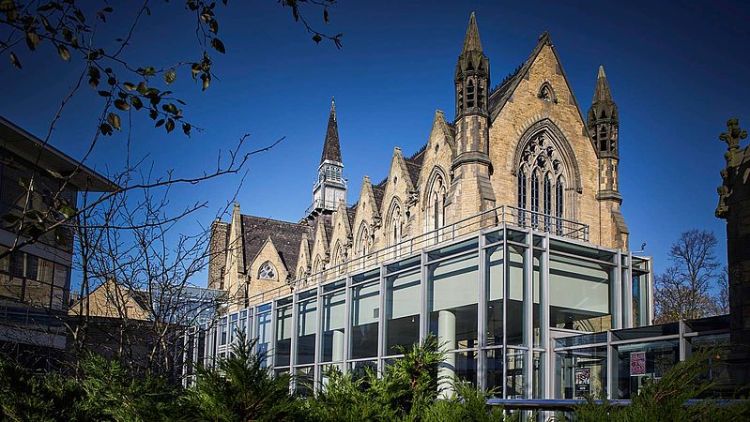Economics Seminar Series: When twin public health crises meet

- Date: Wednesday 28 April 2021, 16:00 – 17:15
- Location: Online
- Type: Seminars and lectures
- Cost: Free
You are invited to a Zoom Seminar by Carol Graham from Brookings & University of Maryland on "When Twin Public Health Crises Meet: Trends in Ill-Being and Deaths of Despair during the COVID Pandemic"
Register here to attend.
Abstract:
Prior to COVID, approximately 70,000 Americans died annually of deaths of despair. We have tracked the linkages between trends in well-being and ill-being and deaths of despair, based on Gallup and CDC county level data across the U.S., and find robust matches between lack of hope and worry and stress on the one hand, and the probability of dying of deaths of despair at the level of individuals, races, and places. We find that low income Blacks and Hispanics (the former in particular) are much more optimistic than whites, and much less likely to be in this category of death or to live in places with a concentration of these deaths than are low income whites. Yet COVID introduces an exponential shock – both in terms of economics and in terms of mental health – with particularly negative effects for vulnerable groups. Despite this, we still find that low-income Blacks are more optimistic and resilient than whites, even though they are more vulnerable to exposure and death due to the virus. How much of an impact COVID has had on “excess” deaths of despair remains an open question, not least as the CDC data for 2020 will not be released for several more months. As a substitute, we have been tracking trends in well-being, based on several surveys, ranging from Gallup to the Census Pulse data, and first responder data from NEMSIS covering calls for overdoses, mental and behavioral, and suicide calls, comparing the same time periods and places for 2018, 2019, and 2020. Our initial results suggest approximately 60,000 “excess” deaths for 2020 compared to the average 2 years prior. While the findings are of interest in their own right, in our view they also provide additional evidence for the need to track trends in well-being as one means to monitor societies’ vulnerability to poor mental health and associated crises.
All are welcome to attend!

